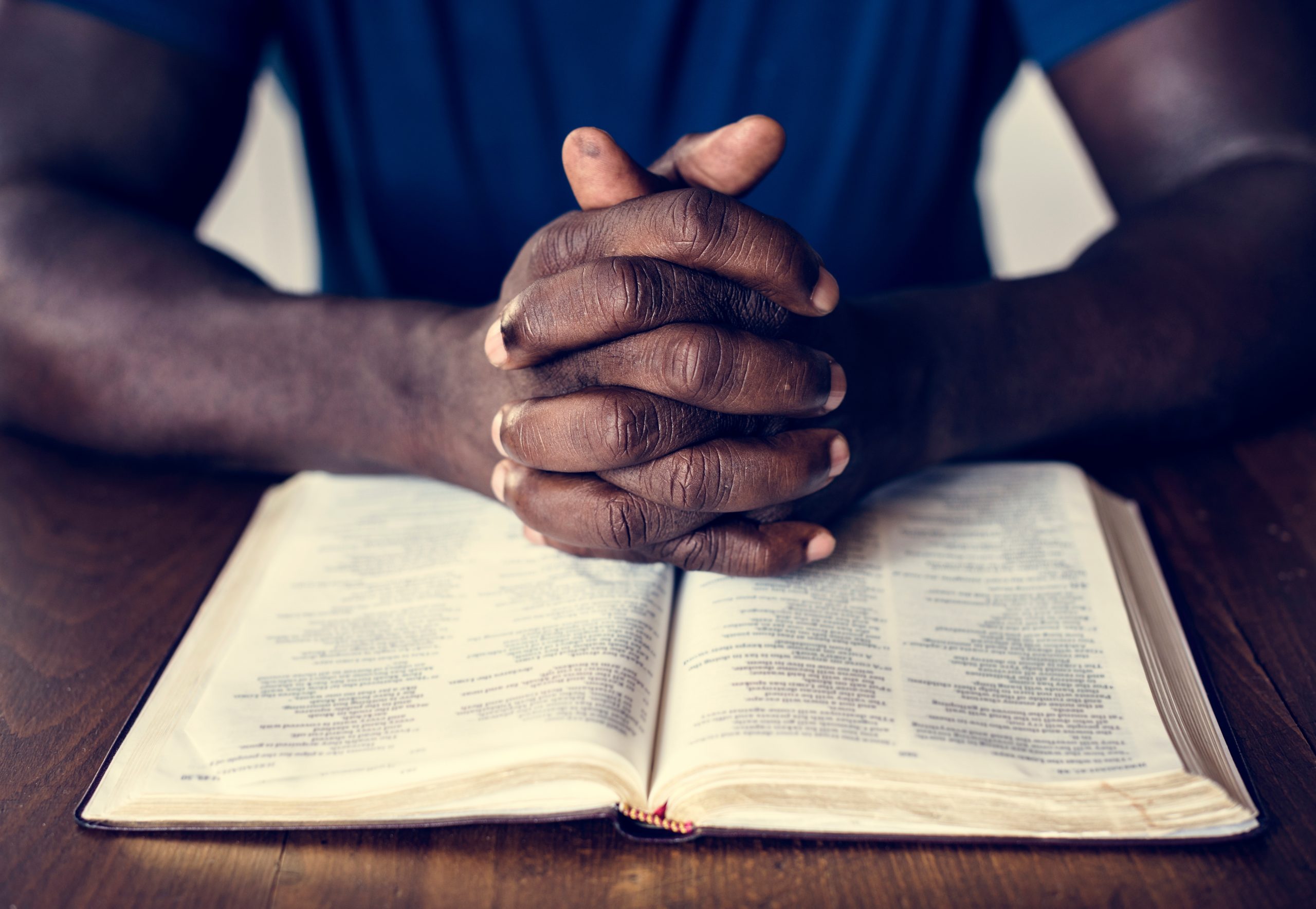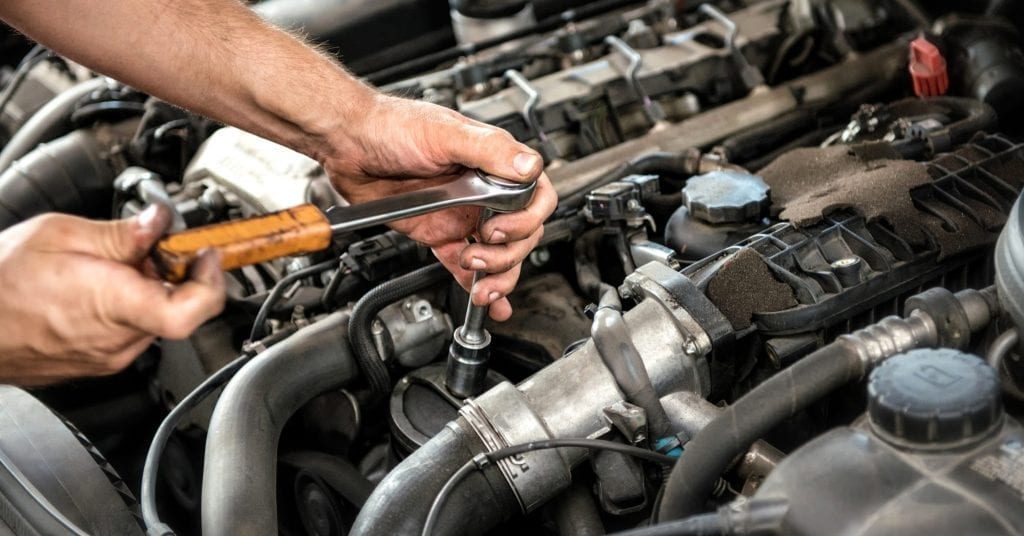I’M A CHRISTIAN — IS ACUPUNCTURE AGAINST MY RELIGION? PART THREE
|

If you have not done so already, please start by reading Part One and Part Two of this article series.
THE WESTERN AND EASTERN VIEW ON THE HUMAN PERSON
The Western physician functions in the role of mechanic while the Eastern physician functions in the role of gardener. These two approaches cause Western and Eastern medicine to be best suited to treating different conditions. For the purpose of this article, however, I would like to discuss the differing ways in which Western and Eastern medicine view the patient and to consider those differences in light of what the Church teaches about the nature of a person. I believe it can be argued that, in fact, Eastern medicine takes a viewpoint that is more consistent with Church teaching than Western medicine does.

WESTERN MEDICINE: THE BODY AS A MACHINE, THE DOCTOR AS A MECHANIC
The body is like a machine that can be dismantled into a heart as pump, the lungs as bellows, the joints as gears and levers, the nervous system as electrical circuitry, the brain as computer, the eye as camera, the stomach as chemical beaker, the intestines as plumbing, and the liver and kidneys as filters
– Harriet Beinfield & Efrem Korngold
Conventional medicine approaches the body as a collection of discrete parts and uses standardized protocols to treat disease. The mechanic occasionally performs routine maintenance, but where conventional medicine really shines is when emergency repairs are needed. This system, by its very nature, focuses on the ways in which all people are alike and tends to overlook the ways in which people are unique. According to conventional medicine, reality is located in the tangible structure of matter. Only what can be measured, quantified, and analyzed is relevant. The mind and body are considered entirely separate entities and, up until very recently, the emotional, mental, and spiritual aspects of illness are ignored or dismissed.
This approach works extremely well for some conditions. As recently as 1900 the American life expectancy was 48 and illnesses that we now regard as minor (such as strep throat or an infected wound) could turn deadly within a matter of days. As a result of modern sanitation, antibiotics, vaccines, surgery, and replacement therapies such as insulin for diabetes, people are surviving illnesses, diseases, and accidents that would have killed them even a few generations ago. This is all thanks to conventional medicine.
Along with this change, however, has come a surge in chronic health problems for which conventional medicine does not offer reliable solutions. Although they may live 70 or 80 years, many people spend a number of those years suffering from ailments that, although not deadly, impact very significantly on their quality of life. Examples include allergies, irritable bowel syndrome, migraine headaches, chronic pain, PMS and painful periods, menopausal symptoms, and immune problems. Modern people are also suffering mentally, emotionally, and spiritually. Problems such as insomnia, depression, anxiety, inability to focus, learning disabilities, and a loss of meaningful social connections have become the norm. Conventional medicine, with its focus on finding and repairing broken parts, is not well suited to the treatment of these conditions.

In contrast with conventional medicine, Chinese medicine views the body as a complex, integrated system that includes the body, mind, and spirit of each individual and the environment in which that individual lives. According to this view, each individual patient is a unique terrain to be mapped and a resilient, yet sensitive ecology to be cultivated and maintained. Just as no two ecosystems are the same, the potential exists for one person to be extremely different from the next (even when the two persons are suffering from the same Western medical diagnosis).
The role of the doctor in Chinese medicine is to partner with the patient to cultivate and enhance the ability of the body to heal itself and resist disease. Whereas conventional medicine focuses on identifying, repairing, or replacing broken parts, Chinese medicine focuses its attention on the patient who is ill and on strengthening that patient (physically, emotionally, and spiritually) to resist and recover from disease.
This approach is particularly well-suited to the chronic, mysterious, and “functional” disorders that plague the modern world. By reinforcing and strengthening normal physiological function, Chinese medicine offers effective treatment of the underlying cause of many of these disorders, while Western medicine is limited to symptom management.
WHAT DOES THE CHURCH SAY ABOUT THE NATURE OF PERSONS?
Human beings are most accurately regarded as persons, rather than mechanisms. A person is a single, integrated whole, alive and aware and capable of both influencing and being influenced by the world around them. Rather than being fixed, a person heals. Healing is an active process which requires that the body regulate and coordinate its functions. Being fixed, or, to use the preferred phrase in medicine, being cured, is a passive process requiring only that the sick individual submit to the ministrations of the proper expert. Christianity addresses persons, not mechanisms. Our Lord did not die on the cross to save wind-up toys
– W. Michael Westbrook
According to Church teaching, a human being is not (as some New Age teachers purport) a “spiritual being having a physical experience”. Instead, human beings are matter and spirit intertwined so thoroughly that the two cannot be teased apart (see excerpt from the Catechism of the Catholic Church below). Where Western medicine views spiritual, mental, and emotional concerns as irrelevant to the body’s physiological functioning, Chinese medicine acknowledges that the body cannot be considered apart from the mind and spirit (and vice versa). According to Chinese medicine, illness often arise at the level of the spirit or mind and become physical. Or illness may arise at the physical level and eventually impact the mind and spirit.
Although in the past decade or so Western physicians have begun to investigate mind-body healing techniques such as meditation and prayer, the inextricable links among the mind, body, and spirit have been central to the way that Eastern physicians have been treating patients for millennia.
WESTERN AND EASTERN MEDICINE AS EVIDENCE OF GOD’S PROVIDENCE
God, in His Providence, has given us two complementary medical systems to utilize as appropriate. Western medicine is a Godsend for major trauma, serious infections, ectopic pregnancy, instances where organ transplant is required, obstetric hemorrhage, diseases (such as type I diabetes) which require replacement therapy, dozens of conditions where the body can be set to rights surgically, or during the acute management of emergencies such as heart attack and stroke. In these instances, Western medicine’s mechanistic orientation is appropriate and lifesaving.
On the other hand, Chinese medicine can ease suffering and enhance quality of life by offering effective treatment for a number of conditions that Western medicine is not well-suited to treating, including many types of chronic pain; allergies; digestive problems; insomnia; depression and anxiety; and hormonal issues such as infertility, menopausal complaints, and PMS. Many patients find that, in addition to relieving symptoms, acupuncture carries unexpected gifts, including enhanced mental clarity, sharper senses, more restorative sleep, more patience, a renewed sense of gratitude, a deeper connection with loved ones, an ability to make decisions and take action with greater confidence, and a deeper understanding of self.
BOTTOM LINE…..
- Christians are called to relieve suffering. Compassion should encourage us to explore any healing tool or technique which is both lawful and effective.
- Acupuncture works by awakening, strengthening, and focusing the body’s God-given capacity to heal itself, therefore it does not constitute magic or sorcery.
- Qi, yin, and yang are concepts that are foreign to the Western mind, but that does not make them inherently contrary to Christian principles.
- Qi does not have a direct English translation, but the Chinese term carries an association with breath, air, and wind. Ruach is a similar term in Hebrew and denotes the God-given animating dynamic that is characterized by reason, will, and conscience.
- The concept of yin and yang is based on the observation of the ancient Chinese people that, in every aspect of Creation, opposite forces are complementary, interconnected, interdependent, and constantly giving rise to one another.
- Yin and yang are value-neutral ways of describing natural phenomena. Yin is not evil and yang is not good any more than female is evil and male is good or summer is good and winter is evil.
- Although the Catholic Church has not made an official pronouncement regarding acupuncture, we know that the current Pope sought (and benefited from) acupuncture treatment himself.Because acupuncture does not depend on a spiritual mechanism, the faith commitment of the practitioner is irrelevant. A Christian should have no more concern about the faith commitment of their acupuncturist than the faith commitment of their dentist or medical doctor.
- Christians who dismiss Chinese medicine as anti-Christian because of its Taoist roots often fail to subject Western medicine to the same scrutiny.
- Many aspects of Western civilization (including Western medicine) were fundamentally shaped by pagan thinkers. This is not a reason to dismiss their value.
- Western and Eastern medicine view the human body and person in very different ways.
- Western medicine’s mechanistic outlook makes it particularly well-suited to treating some conditions and poorly suited to treating other conditions.
- Eastern medicine is an ideal complement to Western medicine, as the conditions that Western medicine does not treat effectively are often those that Eastern medicine is particularly suited to.
- God, in His Providence, has given us two complementary medical systems to utilize as appropriate.
* The human person, created in the image of God, is a being at once corporeal and spiritual. The biblical account expresses this reality in symbolic language when it affirms that “then the Lord God formed man of dust from the ground, and breathed into his nostrils the breath of life; and man became a living being.” Man, whole and entire, is therefore willed by God. In Sacred Scripture the term “soul” often refers to human life or the entire human person. But “soul” also refers to the innermost aspect of man, that which is of greatest value in him, that by which he is most especially in God’s image: “Soul” signifies the spiritual principle in man. The human body shares in the dignity of “the image of God”: it is a human body precisely because it is animated by a spiritual soul, and it is the whole human person that is intended to become, in the body of Christ, a temple of the Spirit. Man, though made of body and soul, is a unity. Through his very bodily condition he sums up in himself the elements of the material world. Through him they are thus brought to their highest perfection and can raise their voice in praise freely given to the Creator. For this reason man may not despise his bodily life. Rather he is obliged to regard his body as good and to hold it in honor since God has created it and will raise it up on the last day. The unity of soul and body is so profound that one has to consider the soul to be the “form” of the body: i.e., it is because of its spiritual soul that the body made of matter becomes a living, human body; spirit and matter, in man, are not two natures united, but rather their union forms a single nature.
– Catechism of the Catholic Church 362-365
